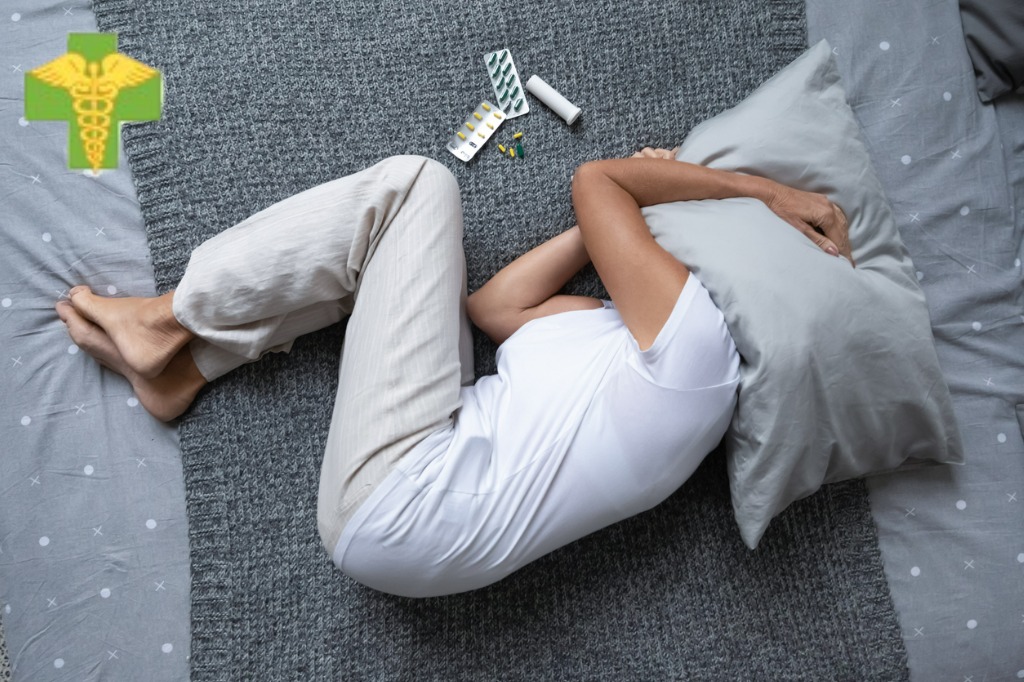Medical Marijuana for Insomnia
Insomnia, a common sleep disorder, affects many individuals, disrupting their daily lives and overall well-being. In recent years, there has been growing interest in the potential benefits of medical marijuana (MMJ) for managing insomnia. While we cannot claim MMJ as a cure, research suggests it may help improve sleep cycles for some individuals.
Understanding the Sedative Properties of Medical Marijuana
The science behind marijuana’s sedative properties is complex. Certain strains of medical marijuana contain compounds like THC and CBD, which are believed to influence sleep.
THC, the psychoactive component of marijuana, is known for its relaxing and soothing effects, which might help in reducing the time it takes to fall asleep. CBD, on the other hand, is non-psychoactive and may contribute to overall sleep quality by addressing factors like anxiety and pain that can interfere with restful sleep.
Choosing the Right Strains for Sleep Improvement
Not all strains of medical marijuana are created equal when it comes to managing insomnia. Indica strains, for instance, are often recommended for their relaxing effects, which may benefit individuals struggling to fall or stay asleep. These strains may contain a higher concentration of sedative compounds, potentially making them more suitable for sleep-related issues.
Consulting Healthcare Practitioners for Safe Use
While using medical marijuana for insomnia may offer potential benefits, it’s essential to consult healthcare professionals for guidance. They can advise on potential interactions, appropriate strains, and dosages, ensuring safe and effective use.
Medical marijuana for insomnia presents a promising yet complex option for those exploring alternatives to manage their sleep disorder. While further research is needed to understand its efficacy fully, preliminary studies suggest potential benefits in improving sleep cycles. If considering medical marijuana for insomnia, it’s essential to consult with healthcare practitioners for personalized advice and to understand any possible interactions or complications. Reach out to Medical Alternatives Clinic for more information.
Statements made regarding any products have not been evaluated by the Food and Drug Administration. The efficacy of these products has not been confirmed by FDA-approved research. These products are not intended to diagnose, treat, cure, or prevent any disease. Information presented here is not meant as a substitute for or an alternative to information from healthcare practitioners. Please consult your healthcare professional about potential interactions or other possible complications before using any product. The Federal Food, Drug, and Cosmetic Act requires this notice.







